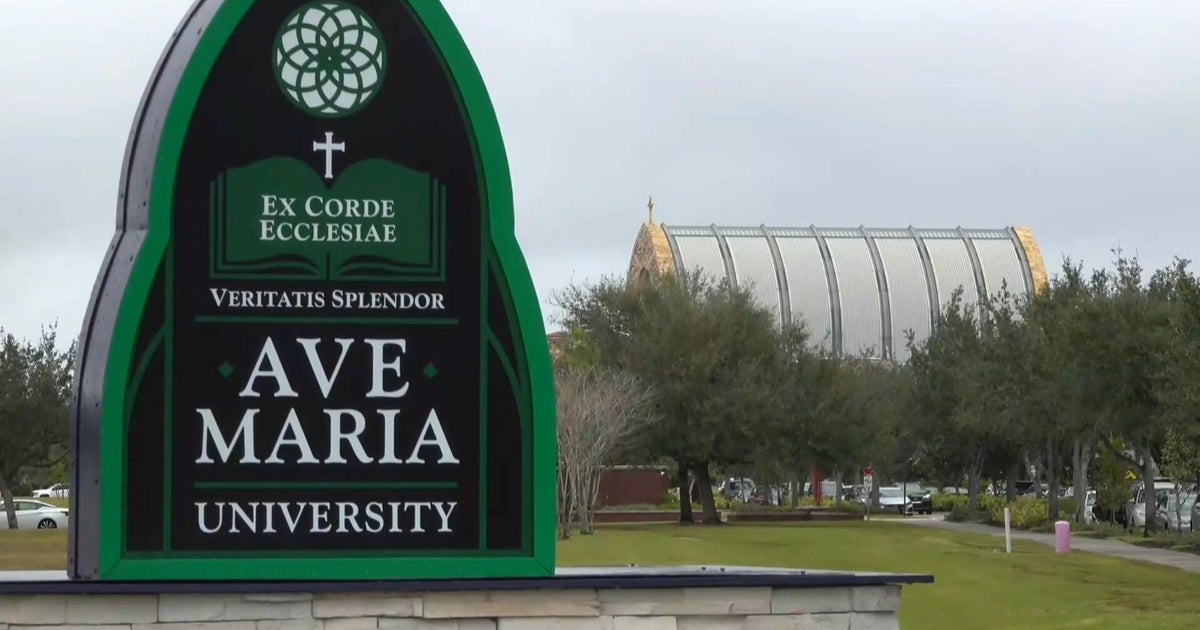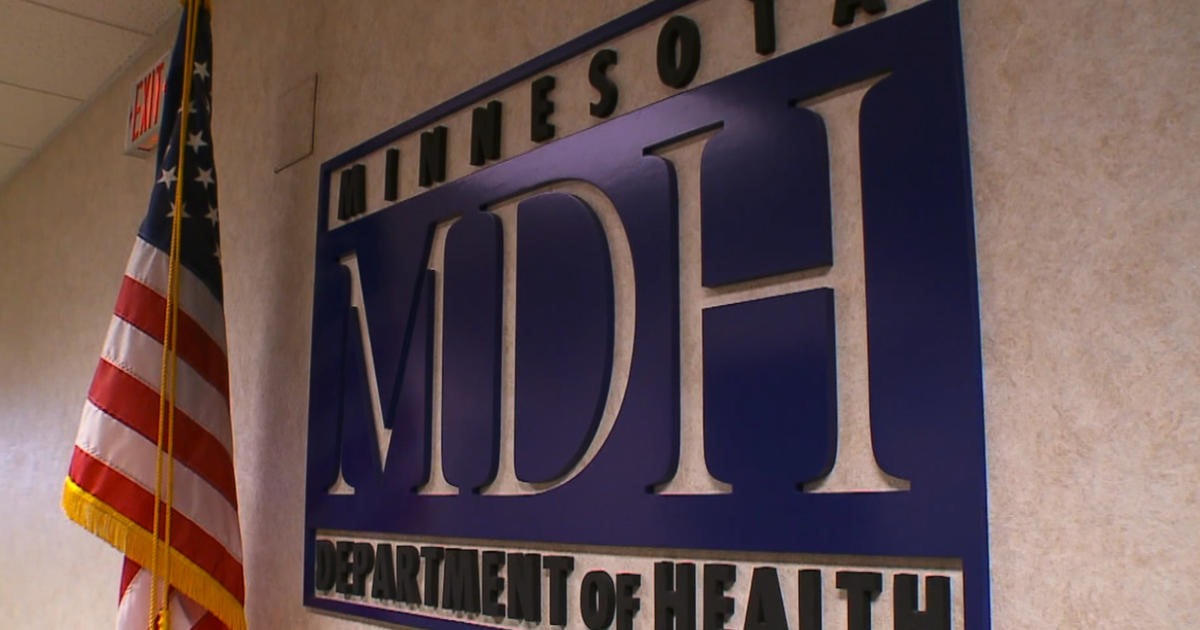Brazil digging graves around the clock as it faces possible worst month yet of COVID crisis
Sao Paulo, Brazil — Brazil is bracing for what could be its deadliest month yet in the coronavirus pandemic. Vast cemeteries, where new graves are being dug around the clock, show the scale of the disaster. U.S. health officials say Brazil's daily COVID-19 death toll is expected to hit nearly 3,500.
Johns Hopkins University data shows that almost 355,000 people have died of COVID-19 in Brazil — the highest confirmed death toll in any country but the United States.
The crisis is being fueled by a dangerous variant, known as P-1, that was first detected in Brazil. The strain has not only spread to the U.S., but according to the Centers for Disease Control and Prevention, it has become the second most common coronavirus variant in the country.
As CBS News correspondent Manuel Bojorquez reports, one of the reasons the world is so concerned about what's happening in Brazil is the fact that the more the virus spreads in any region, the more it has the opportunity to mutate.
The P-1 variant is just one example of these mutations. The strain is believed to be more contagious — and in the densely-populated neighborhoods of Brazil's cities, social distancing is practically impossible.
Bojorquez visited Paraisopolis, the second largest "favela" in the megacity of Sao Paulo. Favelas are sprawling low-income neighborhoods, often situated in the shadows of wealthy enclaves. Life was plenty tough in Paraisopolis before the pandemic, but the virus has amplified the poverty, and a crippled economy means food insecurity is now affecting more than half of Brazil's population.
One resident, Antonio, told CBS News that if he didn't accept free community meals, he'd worry about how he'd get money to eat — and he made it clear that crime could be his only option.
Marcus Dos Santos works for the non-profit group "Hands of Maria," which delivers about 3,000 lunches to the people of the Sao Paulo favela every day.
"In this worst moment, I try to give the best of myself to other people," Dos Santos told Bojorquez.
He said he's helping to take responsibility for the people of his country — something he believes the Brazilian government has failed to do.
President Jair Bolsonaro has been criticized for blatantly ignoring science and refusing calls to impose lockdowns. In Sao Paulo, some of the limited restrictions were actually lifted on Monday, with sports games allowed to resume without crowds, along with food pick-up at bars and restaurants.
The measures were relaxed despite the fact that just last week, one of out every four COVID-related deaths world-wide happened in Brazil. Cemetery workers are literally being forced to turn soil 24-hours per day.
Burials take place one right after the other. In the short time CBS News was at one sprawling cemetery, Bojorquez and his team watched seven families say goodbye to their loved ones. There in the cemetery, they get their only chance to say goodbye, as funerals aren't allowed due to the pandemic.
Lourival Panhozzi, who heads Brazil's association of funeral directors, said the coronavirus has completely overwhelmed the health care system. He said people who would otherwise have been able to get treatment for ailments like heart disease are finding the hospitals unable to take them in and, unfortunately, they become yet more fatalities blamed, if indirectly, on the virus.
The pain seen at the cemeteries is still being compounded — by the fear that things won't soon get better.





